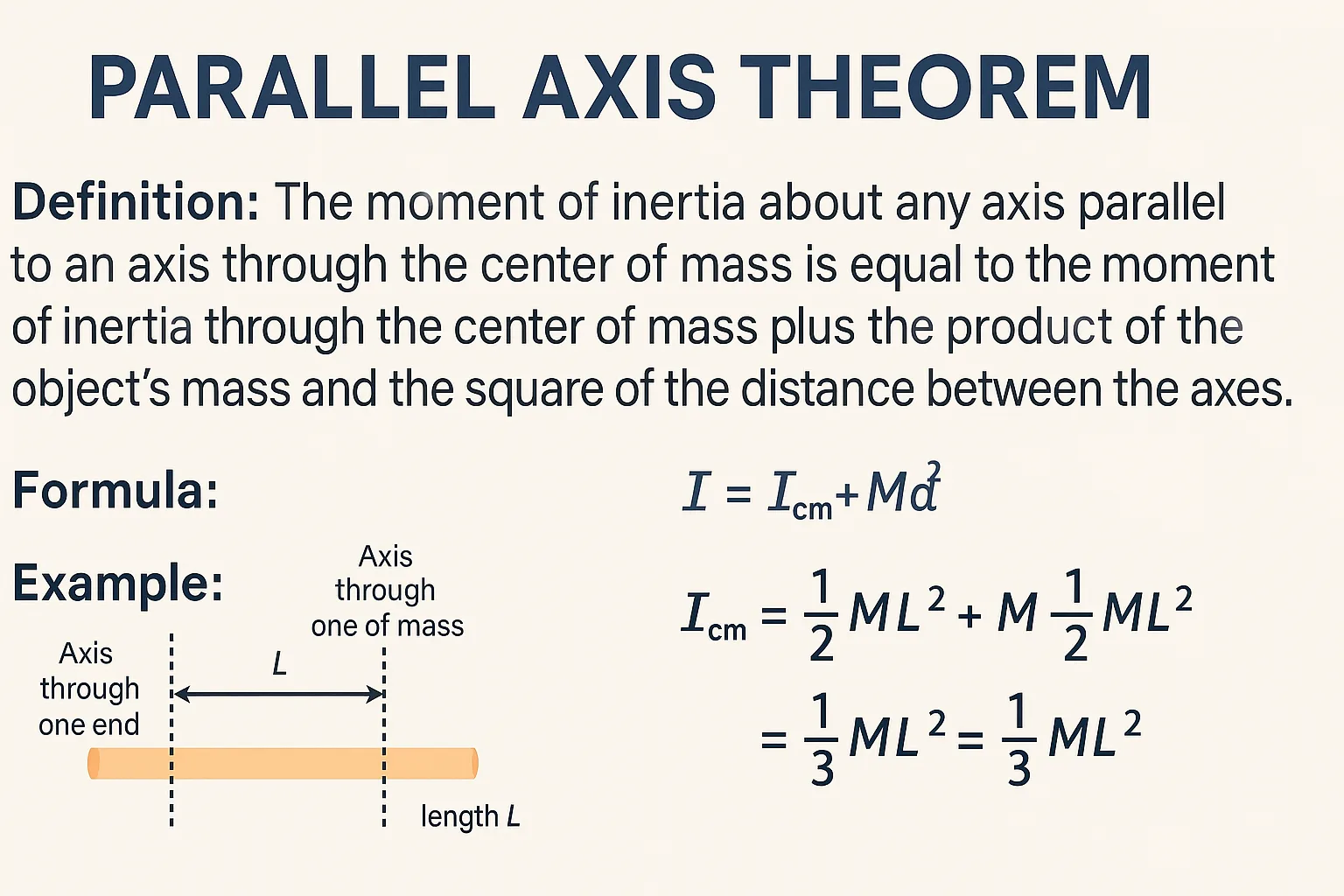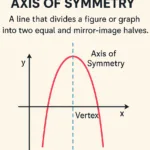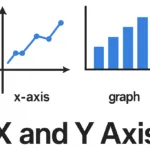Absolute
🔊 US Loading... 🔊 UK Loading...The word “absolute” is a versatile term in the English language, used to describe something that is total, complete, or not dependent on anything else. It can function as an adjective or a noun, and it is commonly used in various fields such as philosophy, mathematics, science, and everyday language. Below is a detailed explanation of its meanings, definitions, and usage.
Definition of “Absolute”
- As an Adjective:
- Meaning 1: Complete, total, or without restriction.
- Example: She has absolute trust in her team.
- Meaning 2: Not relative or comparative; existing independently.
- Example: The laws of physics are often considered absolute.
- Meaning 3: Free from imperfection; perfect or pure.
- Example: The sculpture is an absolute masterpiece.
- Meaning 4: Not subject to any limitation or condition.
- Example: The king once held absolute power over his kingdom.
- Meaning 1: Complete, total, or without restriction.
- As a Noun:
- Meaning 1: A concept or principle regarded as universally valid or definitive.
- Example: In philosophy, the “Absolute” refers to an ultimate reality.
- Meaning 2: Something that is perfect, complete, or not dependent on anything else.
- Example: Justice can sometimes feel like an unattainable absolute.
- Meaning 1: A concept or principle regarded as universally valid or definitive.
“Absolute” Word Meaning
1. Complete or Total (Adjective)
- Refers to something that is entire, unqualified, or not partial.
- Example: The decision was made with absolute certainty.
- Example: He has absolute freedom to make his own choices.
2. Independent or Non-Relative (Adjective)
- Describes something that exists independently, without being compared or related to other factors.
- Example: Absolute temperature scales like Kelvin are used in scientific measurements.
3. Perfection or Purity (Adjective)
- Refers to something in its purest or most perfect form.
- Example: The absolute silence of the forest was calming.
4. Unlimited Authority or Power (Adjective)
- Indicates complete control or power that is not restricted by laws or conditions.
- Example: Historically, monarchs often ruled with absolute authority.
5. Philosophical or Universal Concept (Noun)
- In philosophical or metaphysical contexts, “Absolute” often refers to an ultimate reality or truth that transcends the material world.
- Example: For many philosophers, the Absolute represents the ultimate, unchanging reality.
Synonyms for “Absolute”
Depending on the context, synonyms include:
- Complete
- Total
- Perfect
- Pure
- Supreme
- Unconditional
- Definite
Antonyms for “Absolute”
- Partial
- Relative
- Limited
- Conditional
- Imperfect
Examples of “Absolute” in Sentences
- As an Adjective (Complete or Total):
- She has absolute control over the project.
- The team achieved absolute victory in the championship.
- As an Adjective (Independent or Non-Relative):
- The absolute value of -5 is 5.
- In a vacuum, absolute zero is the lowest possible temperature.
- As an Adjective (Perfection or Purity):
- The painting was an absolute work of art.
- He enjoyed the absolute peace of the secluded beach.
- As a Noun (Philosophical Concept):
- Many philosophers have debated the nature of the Absolute.
- Some argue that truth is not relative but an absolute.
Common Phrases and Idioms Using “Absolute”
- Absolute zero:
- Meaning: The lowest possible temperature at which all molecular motion stops, defined as 0 Kelvin (-273.15°C or -459.67°F).
- Example: Absolute zero is a fundamental concept in thermodynamics.
- Meaning: The lowest possible temperature at which all molecular motion stops, defined as 0 Kelvin (-273.15°C or -459.67°F).
- Absolute power:
- Meaning: Complete and unrestricted control or authority.
- Example: The dictator exercised absolute power over the nation.
- Meaning: Complete and unrestricted control or authority.
- Absolute truth:
- Meaning: A fact or reality that is universally valid and unchanging.
- Example: Some philosophers believe in the existence of absolute truths.
- Meaning: A fact or reality that is universally valid and unchanging.
- Absolute silence:
- Meaning: Complete and total quietness.
- Example: The room fell into absolute silence after the announcement.
- Meaning: Complete and total quietness.
- Absolute certainty:
- Meaning: Total assurance without any doubt.
- Example: He spoke with absolute certainty about his findings.
- Meaning: Total assurance without any doubt.
Differences Between “Absolute” and Related Words
- Absolute vs. Relative:
- Absolute refers to something that exists independently or universally, while relative depends on comparisons or relationships with other things.
- Example (Absolute): The speed of light is an absolute constant in physics.
- Example (Relative): The price of goods is relative to demand and supply.
- Absolute refers to something that exists independently or universally, while relative depends on comparisons or relationships with other things.
- Absolute vs. Complete:
- Both can mean “total,” but absolute often implies something unchanging, perfect, or independent, while complete simply means “entire” or “finished.”
- Example (Absolute): Absolute freedom is rare in any society.
- Example (Complete): The project is now complete.
- Both can mean “total,” but absolute often implies something unchanging, perfect, or independent, while complete simply means “entire” or “finished.”
- Absolute vs. Perfect:
- Absolute suggests something total or unqualified, while perfect emphasizes flawlessness.
- Example (Absolute): The judge has absolute authority in this matter.
- Example (Perfect): Her performance was perfect in every way.
- Absolute suggests something total or unqualified, while perfect emphasizes flawlessness.
Applications of “Absolute” in Various Contexts
- Science:
- Refers to definitive, measurable, or independent values, such as absolute zero or absolute pressure.
- Philosophy:
- Represents ultimate reality or universal truths. Philosophers like Hegel and Spinoza have explored the concept of the Absolute as the ultimate existence or being.
- Mathematics:
- Refers to absolute values (e.g., |-5| = 5), which measure the distance of a number from zero on a number line.
- Politics and Governance:
- Describes unlimited power, such as in the term absolute monarchy, where a ruler has unrestricted authority.
- Everyday Language:
- Used to emphasize certainty or completeness, such as absolute disaster, absolute joy, or absolute truth.
Final words
The word “absolute” is a powerful term that conveys totality, independence, and perfection. Whether describing scientific concepts, philosophical principles, or everyday situations, it adds clarity and emphasis to communication. Its versatility makes it a vital word for both formal and informal use, enabling precision in expressing ideas about completeness, certainty, and universality.
Relative words of ‘A’
| S.No | Words |
|---|---|
| 1 | A |
| 2 | Able |
| 3 | Ability |
| 4 | About |
| 5 | Above |
| 6 | Absence |
| 7 | Abroad |
| 8 | Absolute |
| 9 | Absent |
| 10 | Abstract |
| 11 | Abuse |
| 12 | Angry |
| 13 | Access |
| 14 | Annoy |
| 15 | Acceptable |
| 16 | Acceptance |
| 17 | Accede |
| 18 | Accept |
| 19 | Abusive |
| 20 | Academic |
| 21 | Approve |
Additional Insights

Parallel Axis Theorem – Definition, Formula, Derivation & Applications

Axis of Symmetry: Definition, Equation, and Real-Life Applications

X and Y Axis: Definitions, Graphs and Examples
Coconut Spanish Translation

Cashew Spanish Translation
Axis Definition and Meaning

Walnut in Spanish Translation

Almond in Spanish – Translation and Meaning
